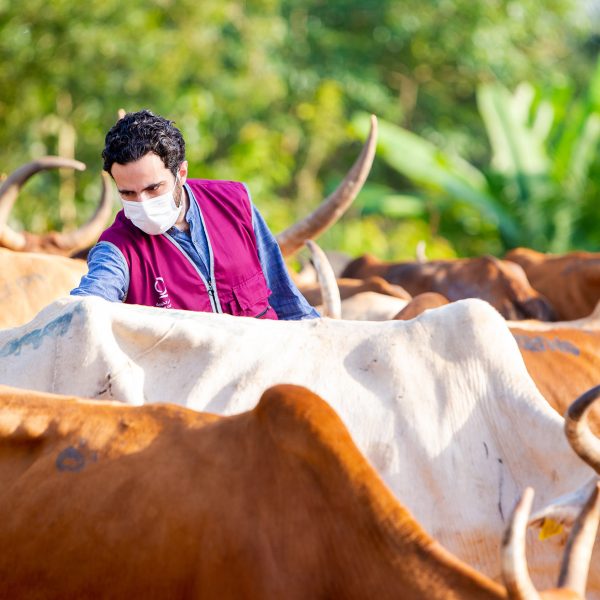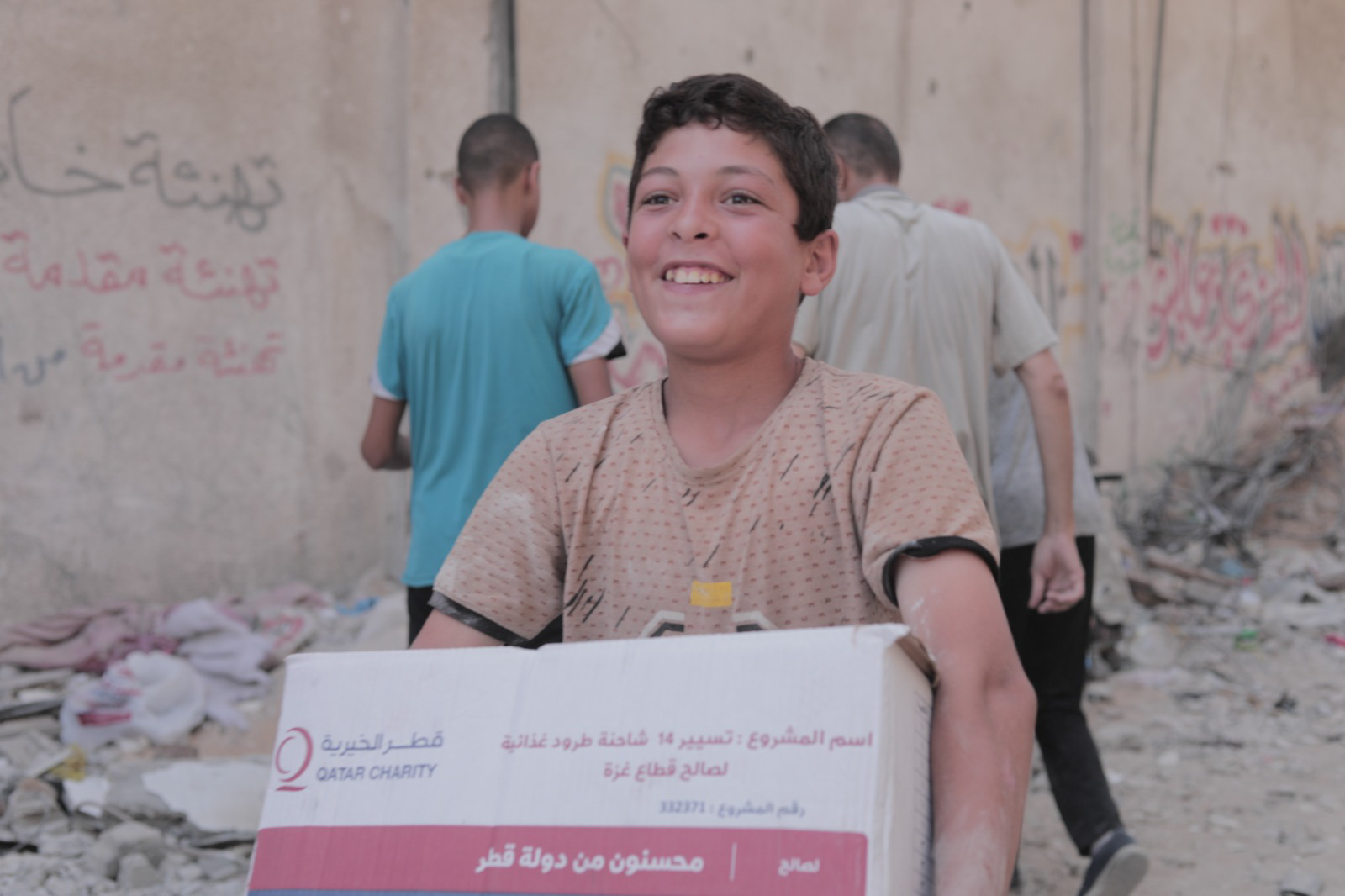Qurbani, also known as Udhiyah, is the Islamic ritual of sacrifice performed during Eid ul-Adha, the Festival of Sacrifice. This act commemorates the willingness of Prophet Ibrahim to sacrifice his son Ismail in obedience to Allah’s command. In recognition of Ibrahim’s devotion, Allah replaced Ismail with a ram. Today, Muslims around the world observe Qurbani to honor this act of faith and obedience. This blog will cover the essential rules of Qurbani and answer frequently asked questions to help you understand and fulfill this important Islamic obligation.
Table of contents
- What is Qurbani?
- Who is Obliged to Perform Qurbani?
- What Animals Can Be Sacrificed?
- Age
- How Should the Sacrifice Be Conducted?
- FAQs
- Q: Can I perform Qurbani on behalf of someone else?
- Q: Is it permissible to give the cost of Qurbani in charity instead of performing the sacrifice?
- Q: Can one share in the sacrifice of a larger animal?
- Q: What should be done if one cannot perform Qurbani personally?
- Q: What happens if the sacrificial animal is found to be defective after purchase?
- Conclusion
What is Qurbani?
Qurbani is the ritual sacrifice of an animal during the Islamic month of Dhuʻl-Hijjah, specifically on the days of Eid ul-Adha (10th to 13th of Dhuʻl-Hijjah). The act symbolizes a Muslim’s willingness to sacrifice their own interests in submission to Allah’s will.
Who is Obliged to Perform Qurbani?
Qurbani is wajib (obligatory) for every adult Muslim who meets the following criteria:
Financial Capacity: Those who possess wealth above the Nisab threshold, which is the minimum amount of wealth one must have before they are liable to certain Islamic obligations like Zakat.
Sanity: The individual must be of sound mind.
Maturity: The individual must have reached puberty.
What Animals Can Be Sacrificed?
The animals that can be sacrificed are specific and must meet certain conditions:
Types: Sheep, goats, cattle (including cows and buffaloes), and camels.
Age
– Sheep and goats should be at least one year old.
– Cattle should be at least two years old.
– Camels should be at least five years old.
Health: The animal should be free from any apparent defects such as blindness, sickness, lameness, or emaciation.
How Should the Sacrifice Be Conducted?
Timing: Qurbani should be performed after the Eid al-Adha prayer on the 10th of Dhuʻl-Hijjah until sunset on the 13th of Dhuʻl-Hijjah.
Method: The animal should be slaughtered according to Islamic guidelines (halal), which include invoking the name of Allah (saying “Bismillah, Allahu Akbar”).
Distribution: The meat should be divided into three equal parts:
– One part for the family.
– One part for relatives and friends.
– One part for the poor and needy.
FAQs
Q: Can I perform Qurbani on behalf of someone else?
A: Yes, you can perform Qurbani on behalf of other family members or deceased relatives, and the reward will be shared accordingly.
Q: Is it permissible to give the cost of Qurbani in charity instead of performing the sacrifice?
A: many Islamic charitable organizations offer services to perform Qurbani on behalf of individuals. These organizations ensure that the sacrifice is carried out according to Islamic guidelines and that the meat is distributed to those in need.
Q: Can one share in the sacrifice of a larger animal?
A: Yes, up to seven people can share in the sacrifice of a cow or camel. Each person’s share is considered a complete Qurbani.
Q: What should be done if one cannot perform Qurbani personally?
A: You can appoint a trusted individual or a charitable organization to perform the Qurbani on your behalf. Many organizations offer services to facilitate this.
Q: What happens if the sacrificial animal is found to be defective after purchase?
A: If the defect is discovered before the sacrifice, a new, suitable animal should be obtained. If the defect is found after the sacrifice, it is considered acceptable, and the Qurbani is valid.
Conclusion
Qurbani is a profound act of worship that embodies obedience, sacrifice, and charity. By understanding and adhering to the rules of Qurbani, Muslims can ensure their sacrifice is performed correctly and sincerely. This act not only commemorates Prophet Ibrahim’s devotion but also strengthens community bonds by providing for the less fortunate. As Eid ul-Adha approaches, let us prepare to fulfill this important obligation with mindfulness and dedication.






